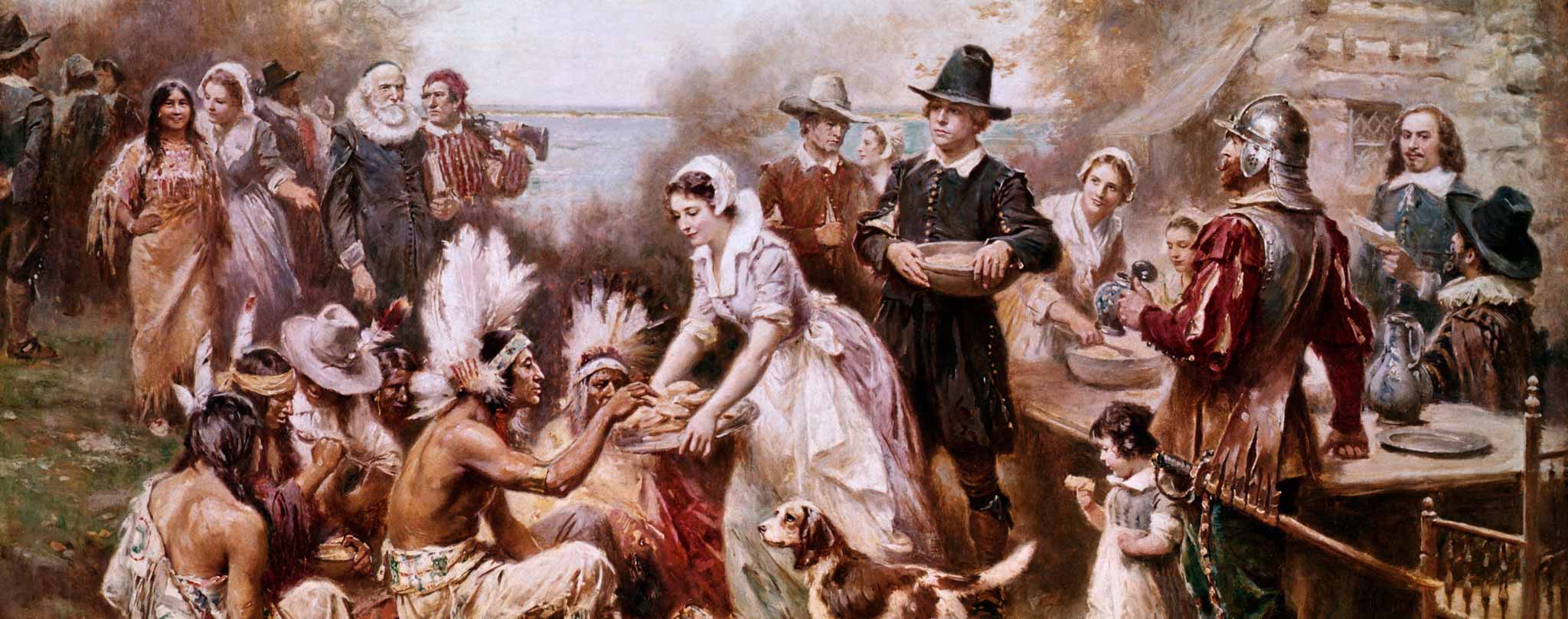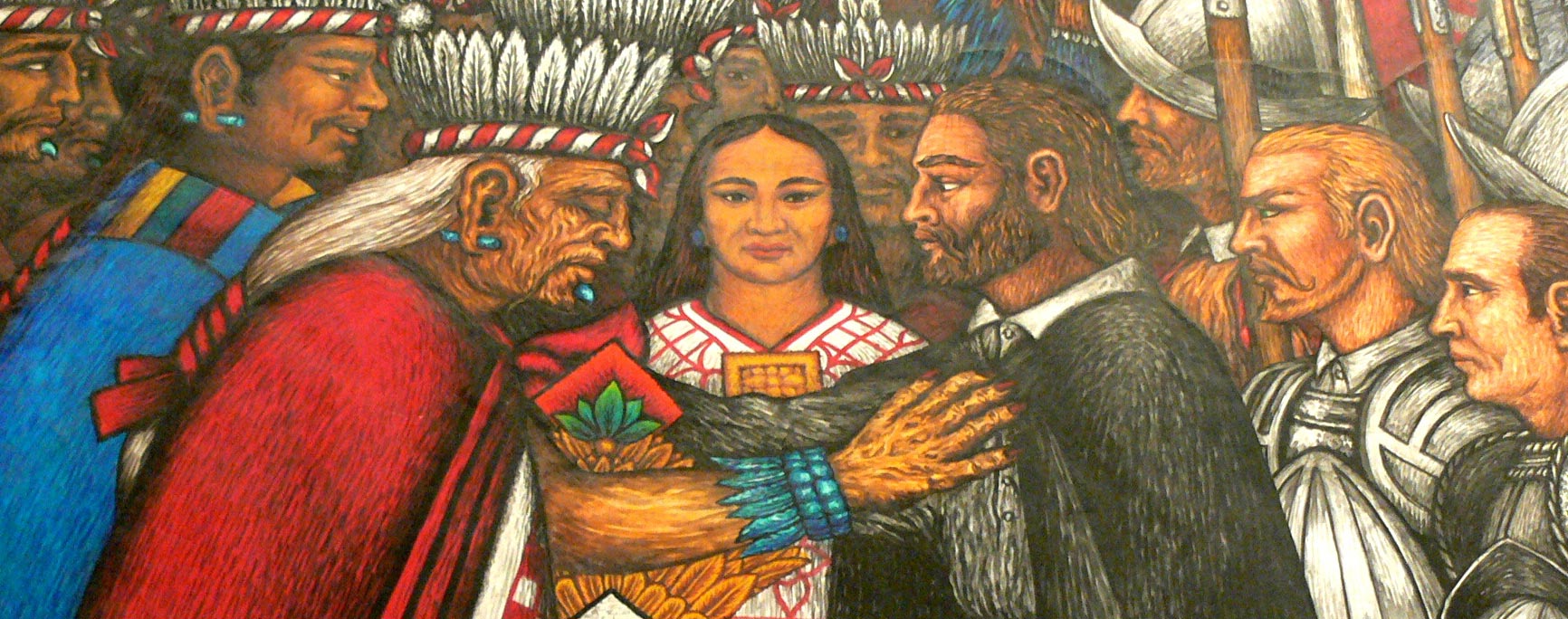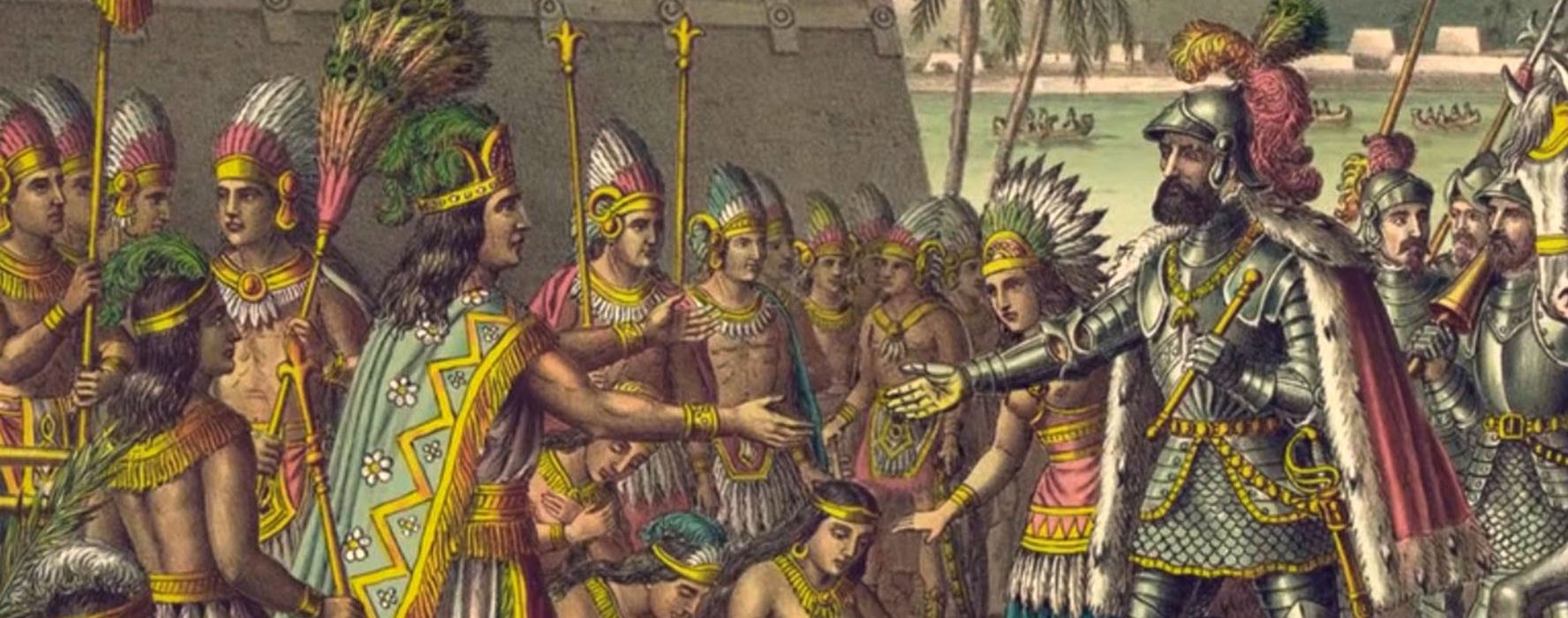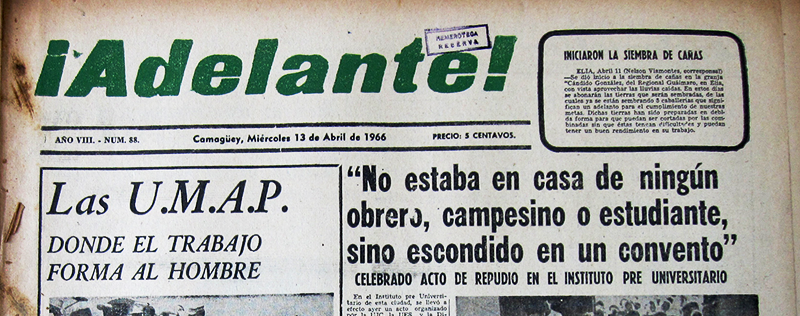Source:El Confidencial
The Spanish committed outrages in the conquest of America, but in the case of the English, the slaughter could be described as a massacre, without further consideration or interpretation.
IIn hell the temperature is constant but bearable – Dante dixit – and, furthermore, it is not as high as on the surface of the earth, where napalm, plutonium, weapons with enriched uranium, galloping climate change, brutality of legal psychopaths and, most of the time, the indifference of the silent majority gripped by a varied range of paralyzing fears duly fed by the domes, keep the atmosphere always warm.
The Tibetan or Botticelli hells, apart from being designed by their authors with luxurious detail, could be so current that they should not be looked for in the ubiquitous parallel quantum worlds, but here, much closer, and you can also choose cabin at will, as there are more classes than in the Indian railways.
Between the 16th, 17th, and 18th centuries, cruelty reached holocaust levels with the apocalyptic action of the English in their areas of influence. The bad guys always seemed the same, since the propaganda apparatus of the recipients of the Black Legend was very well resolved and the echo of the English soundbox was working at full capacity. On the contrary, the recipients of the invectives, the Spaniards, were more inclined to attack than to a careful dedication to the media.
Before the arrival of the English to America, there were well-structured civilizations forged over centuries in some cases
The sambenito of the follies that are maliciously imputed (although not unfounded) to the Spanish Conquest is redeemed by the “and you more”, obviously, but it is necessary to emphasize that our detractors were not only innocent cherubs, but that they worked overtime to improve the statistics (unfortunate in all conflicts between humans) that we cause in actions that, because they were framed in less civilized behaviors at the time in which they were developed, did not reduce inhumanity to those acts forced by the dynamics of conquest, without attenuating the horror that led to its native inhabitants. The souls dispatched in that very long episode, due to their almost uncountable number, would eventually collapse the accounting systems of the time.
In the case of the Spanish Conquest, mortality was more closely associated with communicable diseases – smallpox, measles, flu, typhus, bubonic plague, and other infectious diseases endemic to Europe – which played a decisive role in decimating the unsuspecting locals; the ardor of the warrior playedits part as well. In the case of the English, the the figures could be described as slaughter, without further consideration or interpretation. The abundance of data would certify this fact, but it would leave it reduced to the cold miseries of statistics.
An unusual form of cruelty
Before the arrival of the English to America, there were well-structured civilizations forged over centuries in some cases. For them, the inhabitants of these civilizations were not considered humans. The Anglo-Saxon settler showed an unusual form of cruelty outside the battlefields and in this, although here, in the hottest, obvious mitigating factors enter. The subjugated peoples were mere spectators of the massacres committed in the present United States, the Caribbean, Africa, and Australia, to name a few random latitudes. While the Spanish tried to convert the natives to Catholicism, sometimes with somewhat expeditious methods, and the Portuguese, more mercantile, tried to control the ports of Brazil and the west coast of Africa and India in order to enhance their fabulous commercial network, the English understood that the indigenous peoples of America had to be literally exterminated –as it happened in their areas of activity–, in order to repopulate the continent with pure English. And it is not worth saying that they were heartless convicts or recalcitrant dissidents in the face of the monopoly Anglican faith, no; seasoned explorers such as Rourke, Cook, and, before them, the ineffable Drake, postulated the mass extermination of the locals who attended in surprise at the total subversion of hospitality by those madmen dressed in luxurious buttoned uniforms. It was the polite England that opposed interbreeding with the subhumans.
What happened in Australia and the United States is a bloody example of what can without shame be called a genocide
The arbitrary abuse and imposition of an exulting England at its conquests (there was not a Fray Bartolomé de las Casas among them, nor the slightest norm that resembled the Laws of the Indies) would allow the savage looting, pillaging and beating of millions of “indians ”or aborigines by a culture that called itself civilized. Economically and politically, the benefits sidestepped any hint of humanity, leaving indigenous interests totally condemned to death in asymmetric wars, starvation in most cases, and flagrant and rampant slavery.
The cases of Australia and the United States is a bloody example of what without blushing can perfectly be called a genocide. In less than a century on the east coast under the English colonial influence, there were no indigenous people left to tell about it except those who served as entertainment in the circuses, and of course, not to mention the subsequent annihilating wave who left no head attached until they reached the Pacific in California.
In India, after more than two centuries of British rule, slavery was widespread and locals were not allowed to compete with their own products in international markets, until Gandhi arrived with his spinning wheel.
In Australia they totally got out of hand. Of more than 900,000 aboriginals counted by their own Geographical Society, just over 30,000 escaped that Apocalypse of systematic and, probably, planned destruction. These aboriginals had been in Australia for approximately 60,000 years when the first English made them notice their advanced civilization, it was the year 1770 and hell opened its jaws.
The English declared Australia as terra nullius, that is, without human inhabitants, in such a way they could justify the dispossession of indigenous lands and the looting of the continent. After taking their fertile lands, they threw the aborigines into the arid areas of the interior where they died like bed bugs. Unknown diseases devastated that last redoubt of paradise on earth, in an exact century since that terrible landing of the neat and puritanical English.
His African exploits stripped millions of slaves from the ports of Senegal and Guinea of their name, identity, dignity, and freedom on their way to the plantations of the Caribbean, North and South America. The infernal journeys where a multitude of beings castrated of the most elemental rights of existence, chained together, without space to move, traveling for months, dizzy to exhaustion, surrounded by vomiting, between the screams of women and the laments of the dying, they generated scenes of inconceivable horror. It is estimated that one in three survived this journey. These actions of flagrant inhumanity were the work of those who accused Spain of the famous Black Legend.
The past is inevitable
It is likely that quite a few of us can feel ashamed about some aspects of our conquest overseas. Slavery in Potosí, exploitation in the encomiendas, the murder of Atahualpa by Pizarro, the collateral effects of communicable diseases, etc; but at least we had clear and quite expeditious laws. It could have been otherwise, but it wasn’t. The past is inevitable while it is a teaching.
Traditionally, the most minimalist historians put the pre-Columbian population at around 12,000,000 aborigines.
While well-orchestrated and oiled propaganda campaigns by our adversaries had a multiplying effect, we used the printing press to propagate the word of the Lord that, in truth, he was a bit weak in attendance at critical moments.
Henry Kamen, an excellent Hispanist, in his extraordinary book ‘Empire‘, deviates in my opinion in an appreciation perhaps somewhat exaggerated, since he speaks of the largest demographic genocide in documented history (90% mortality in the 150 years after the landing of Columbus). Traditionally, the most minimalist historians encrypt the pre-Columbian population – Henry Dobbyns – at about 12,000,000 aborigines (the maximalists speak of 50,000,000 throughout the continent). The subsequent mortality by the action of the war of extermination and cruel smallpox, and the no less aggressive venereal ones, left the territories of North America trampled by the English in a clean slate without counting on the later expansive emphasis of their pupils after the independence.
Paraphrasing Mae West, England could be credited with that famous phrase spoken by this talkative female with a daikiri in her hand and half a dozen on her stomach: “I have lost my reputation. But I don’t miss it.”
Share this article
On This Day
No Events
History of Spain
26 August 2020
27 January 2021
Communism: Now and Then
23 December 2022
28 July 2021






